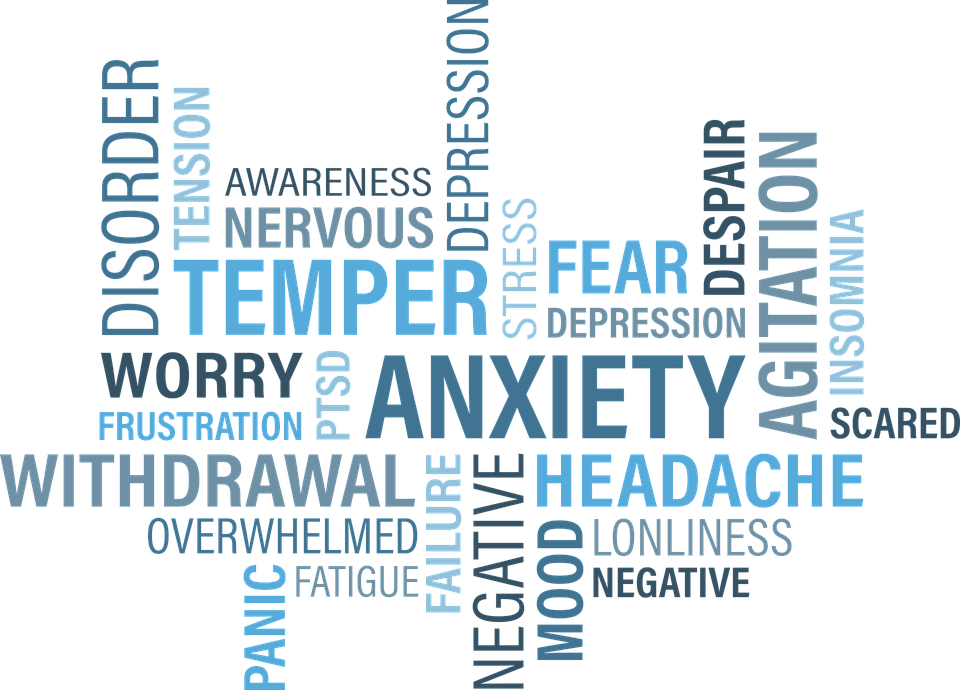
Mental health in children and youth – A patient’s story
In Grade 10, Talat Hakim started having panic attacks while speaking in class. Then, it started happening while lying in bed at night. He would let his thoughts wander and overwhelm him to the point of screaming out loud in terror. He started to miss school and fall behind, which only made his anxiety worse. Talat had noticed symptoms of anxiety as early as middle school, but he knew he needed help when his symptoms started to prevent him from enjoying life.
Talat’s sister encouraged him to talk to their family doctor. His doctor referred him to Contact Hamilton, an access program that connects children and youth to local services. Talat was referred to therapy at Ron Joyce Children’s Health Centre (RJCHC), where he met Dr. Paulo Pires, and was diagnosed with moderate social anxiety. RJCHC is part of McMaster Children’s Hospital, which is home to Canada’s largest Child and Youth Mental Health Program.
As part of his treatment, Talat was encouraged to attend group therapy. The group uses a type of treatment called exposure therapy to help youth cope with their social anxiety. Participants take part in anxiety-inducing situations so they can learn coping skills. They even go on field trips, where they are assigned a situation to confront. Talat was anxious about talking to strangers so he was instructed to ask a stranger for the time, for instance.
“Just relating to another person makes you feel less alone”
Talat also finds that simply speaking aloud about his struggles helps, whether that is to Dr. Pires, a friend or family member. “Just relating to another person makes you feel less alone,” He says. “It’s also a good opportunity to self-reflect.”
Talking about his anxiety allowed him to work with his school guidance counsellor and teachers to make schoolwork more manageable. “My teachers were very approachable and understanding, and I think they appreciated me caring enough to make school a priority,” he says.
Now in Grade 12, Talat says he is in a good place today and encourages anyone struggling with their mental health to speak to someone you know and trust, as a first step.

Tips for supporting youth with mental health challenges
“We know that one in five children are likely to struggle with mental health problems, and only one in four of those may get the help they need,” says Dr. Paulo Pires, Clinical Director of Child and Youth Mental Health at Hamilton Health Sciences.
Dr. Pires explains that mental health disorders emerge for a variety of reasons. Various factors like genetics, support systems, and coping mechanisms all contribute to the development of a mental health problem. Symptoms can include changes in behavior like acting out or becoming withdrawn. Of course, we all have bad days, but it’s important to seek help when symptoms persist or get in the way of accomplishing goals and daily life.
“Parents don’t need to be experts on mental illness, but to notice and respond to signs is very important”
“Parents don’t need to be experts on mental illness, but to notice and respond to signs is very important,” says Dr. Pires. “We know that early intervention can make a difference.” Dr. Pires emphasizes that it’s important for the caregiver to be curious and open with the child about what you notice, and to offer help.
Resources
Dr. Pires recommends speaking with your family physician as a starting point if you or your child is experiencing mental health challenges, or to utilize the following resources:
In addition to professional help, Talat recommends:
- Reading books like “Stuff That Sucks” which is targeted toward teens and deals with managing self-destructive thinking
- Mobile apps for daily mental health check-ins
- Signing up for extra-curricular activities that you are passionate about
- Getting active
- Spending time with family and friends
